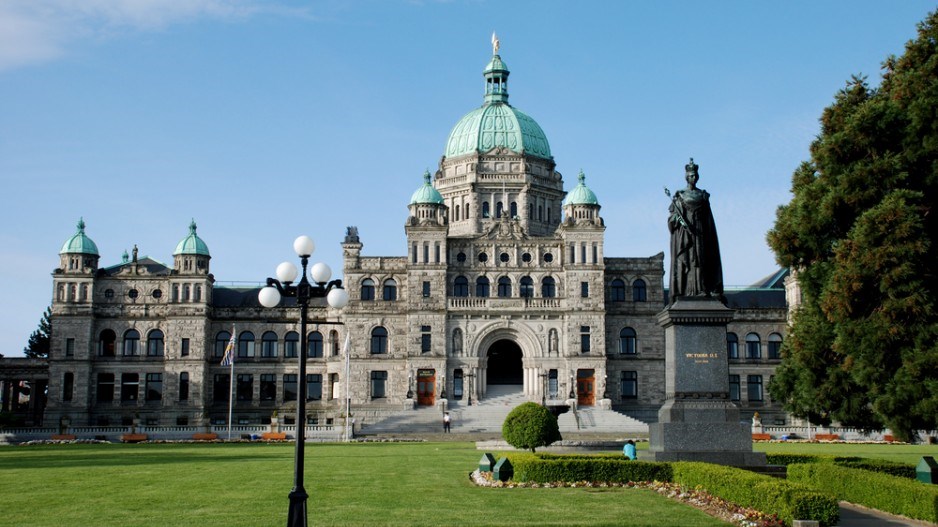Most taxpayers are unaware of the fact that an ever-increasing government debt by the British Columbia government is hidden in the province’s capital budget, according to a Fraser Institute report released June 3.
The study said the true state of B.C.’s finances are misleading because annual interest payments and amortization expenses associated with money borrowed for capital spending for infrastructure including roads, hospitals and schools are recorded in the operating budget.
This spreads the cost over several years, disguising the true state of the government’s finances.
“For example, the B.C. government plans a $184 million surplus in its operating budget for 2014/15,” the Fraser Institute said in a release.
“Despite this projected surplus, government debt is slated to grow by $1.9 billion this year, to a total of $41.1 billion.
“In fact, B.C.’s debt will amount to 17.6% of the provincial economy in 2014/15, up from 12.2% or $24.9 billion in 2008/09.”
This debt, which the Vancouver think tank said is growing “under the radar,” will have serious fiscal repercussions in the future.
“When the B.C. government says the 2014/15 budget is balanced, it’s referring to the operating budget, which attracts most of the attention,” said University of Calgary professor of economics and study author Jean-François Wen.
“But the capital budget, where the province borrows large sums of money to pay for long-term infrastructure spending, is in deficit and is largely overlooked.”
Capital debt will cause increasing interest payments and amortization expenses, leading to spending cuts and tax hikes.
“The B.C. government has promised to restrain spending growth over the next three years. But if it fails to deliver on that promise, provincial debt could spiral out of control,” Wen said.
“High debt levels can also become a problem in the coming years, especially if interest payments on the debt increase.”
The full study can be found here. http://www.fraserinstitute.org/research-news/display.aspx?id=21456
@EmmaHampelBIV




